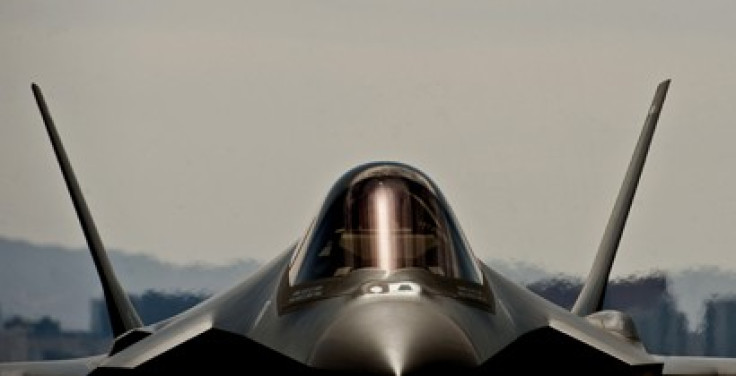Black Hawk Down - Chinese Hackers Steal Designs for Advanced US Weapons and Aircraft
Designs for the Black Hawk helicopter and dozens of other secret US weapons systems have been stolen by Chinese hackers according to a confidential report and senior military officials.

The confidential report was prepared for the Pentagon by the Defense Science Board and lists more than two dozen major weapons systems, aircraft and ships which are seen as critical to the US defences.
The report, seen by the Washington Post, does not accuse China directly but senior military and industry officials have laid the blame for the security breaches firmly at the feet of the Chinese.
Among the compromised weapons were the Patriot missile system and the Navy's Aegis ballistic-missile defence system. Also compromised were plans for aircraft and ships including the F-18 jet fighter, the Black Hawk helicopter and the Navy's new Littoral Combat Ship.
Also on the list was the "most expensive weapons system every built," the F-35 Joint Strike Fighter which is set to cost in the region of £950 billion.
"It's nuts"
Officials speaking to the Washington Post said defence contractors are often completely unaware their networks have been breached: "In many cases, they don't know they've been hacked until the FBI comes knocking on their door. This is billions of dollars of combat advantage for China. They've just saved themselves 25 years of research and development. It's nuts."
This is the latest in a long line of similar accusations made by the US against China, beginning back in February with the Mandiant report into a cyber-spy unit within the People Liberation Army which was operating out of a non-descript building in a suburb of Shanghai. The group, called Unit 61398, was accused of spying on over 100 US organisations and businesses over a five year period, harvesting vast amounts of sensitive data.
Since then the US government has come out strongly against the Chinese authorities, officially accusing them of cyber-espionage earlier this month in the US Department of Defence's annual report. President Obama is also making defence of cyber-attacks one of his top priorities, earlier this year implementing an executive order which aids the sharing of information about cyber-attacks between government and private companies.
The Chinese government has consistently denied any wrong-doing, claiming instead that it is the victim of cyber-attacks originating in the US. On Tuesday foreign ministry spokesman Hong Lei said: "China pays high attention to cyber-security issues, and is firmly apposed to all forms of hacker attacks. Groundless accusations will not help solve this issue."
Critical infrastructure
China is not the only country the US is defending itself against, with the New York Times reporting on Friday that a new wave of cyber-attacks against oil, gas and electricity companies had been traced back to Iran.
The US and Iran have a long and storied history when it comes to cyberspace, with the US conspiring with Israel to launch the Stuxnet virus which targeted the Natanz nuclear facility in Iran, hindering the government's ability to produce nuclear weapons at the time.
China has also been accused of stealing sensitive data from Australia, with media reports in the country claiming Chinese spies had stolen blueprints for the new headquarters of Australia's spy agency, Asio.
Television network ABC was among those to report the breach, but the country's foreign minister Bob Carr refused to confirm if the blueprints had been stolen, including details about the building's floor plan, communications cabling network, server locations and security systems.
"I won't comment on matters of intelligence and security for the obvious reason: we don't want to share with the world and potential aggressors what we know about what they might be doing, and how they might be doing it," he said.
© Copyright IBTimes 2024. All rights reserved.






